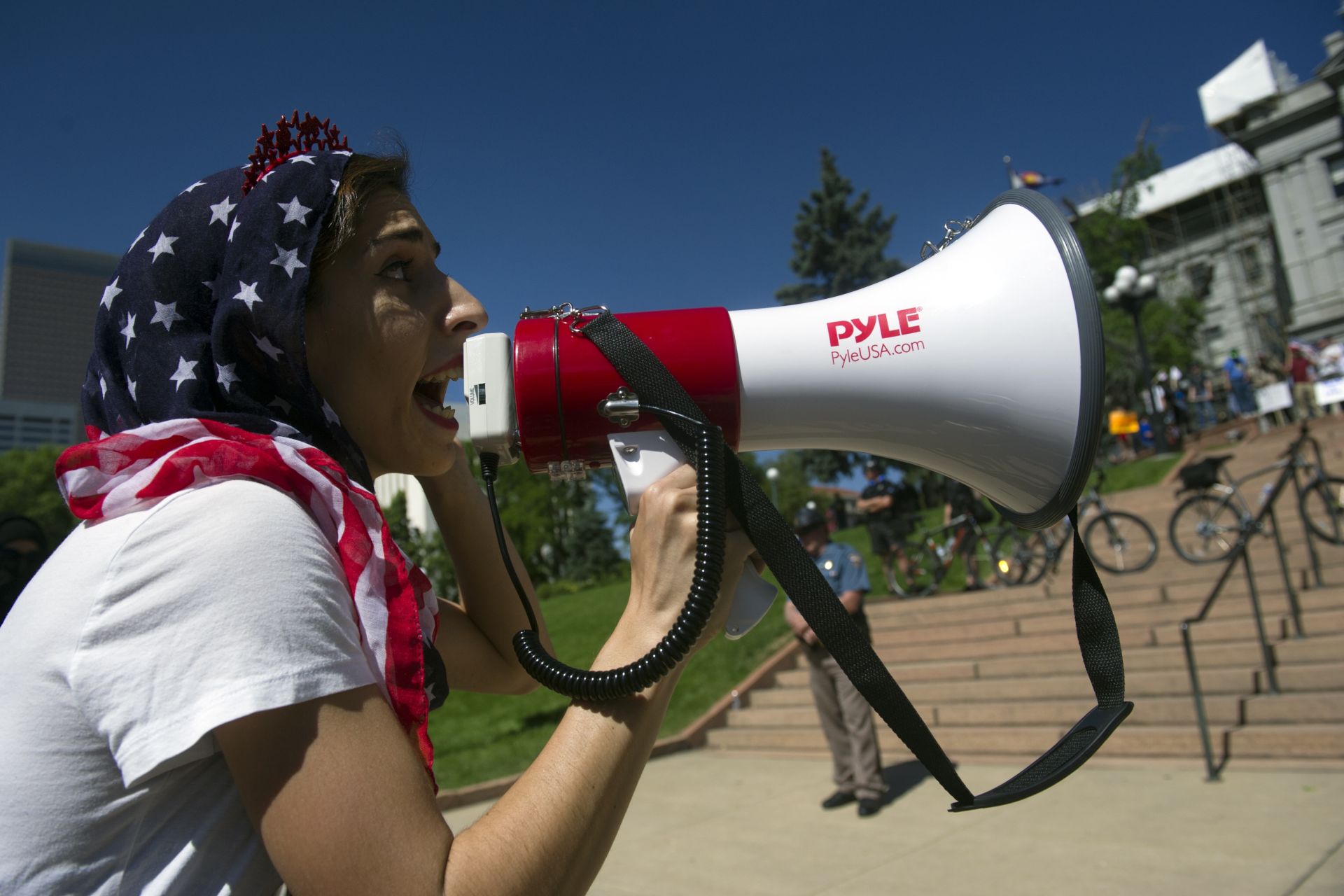At a moment when it seems as if Americans can’t agree on anything — when political divisions seem to run deeper than they have since the Civil Rights Movement — political scientist, professor and pundit Yascha Mounk of Johns Hopkins University remains optimistic that an answer can be found.
His latest book, The Great Experiment: Why Diverse Democracies Fall Apart and How They Can Endure, combs through history, psychology and personal experience in search of that answer. In this podcast with New Lines’ Faisal Al Yafai, he shares his thoughts on how to make a diverse, democratic America work.
Diverse democracies, in Mounk’s view, pose unique challenges. Without a strong, unifying shared identity and robust political institutions, he believes, the human tendency toward in-group/out-group distinctions encourages greater emphasis on ethnic and religious differences. As democracies like America, France and Germany become increasingly diverse, the need to form bonds across communities and build a shared sense of solidarity becomes increasingly paramount.
Figuring out how to do so requires learning from the failures of the past. Mounk points to the Lebanese model as an example of where the diverse democracy project can go wrong: the country’s system of ethno-religious power sharing ended in a brutal civil war. A workable diverse democracy must accommodate differences but must also represent all its citizens equally.
Lebanon also serves as a warning for those who would rather set aside past grievances and focus only on the future. The lack of resolution or accountability at the end of the civil war suffocated the country’s civil society. Compromise will be necessary if Americans are to learn to live together, yes — but so will accountability. Only once the injustices of the past are fully reckoned with will reconciliation be possible.
Produced by Joshua Martin


